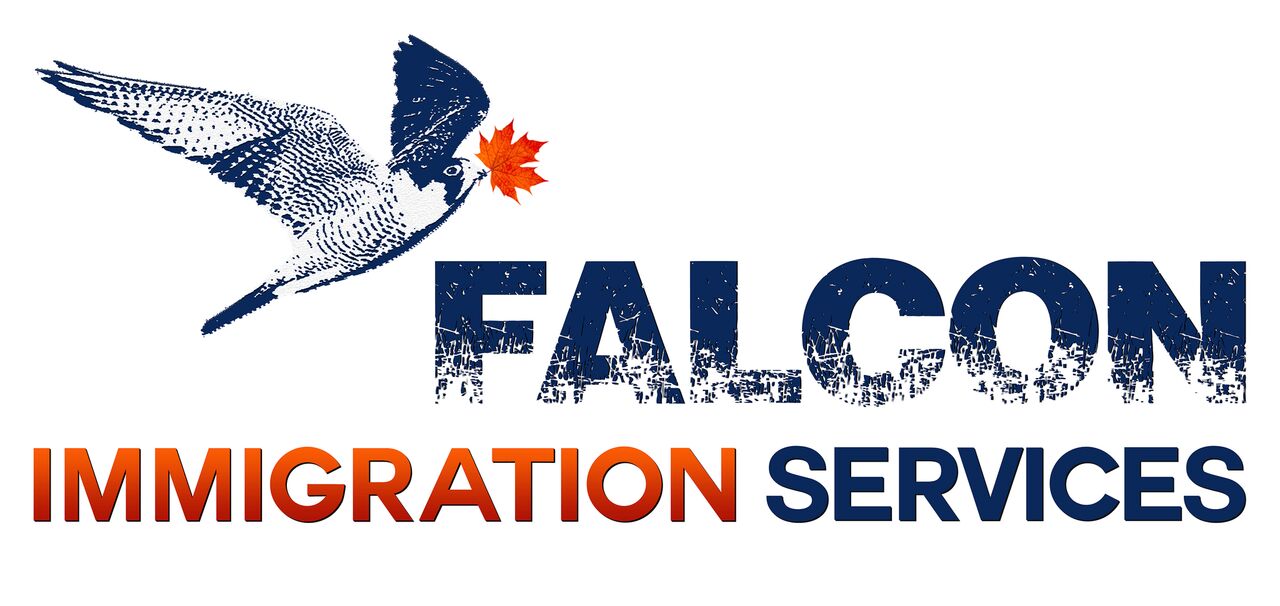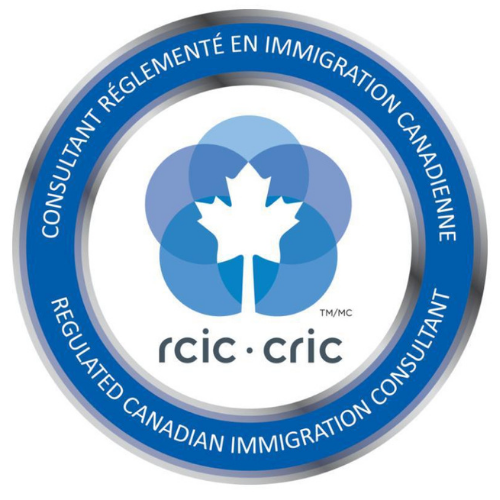
Canada is one of the most sought-after destinations for travelers, students, professionals, and families looking to build a better future. With its stunning natural beauty, top-tier education system, strong economy, and multicultural society, it’s no wonder people around the world are eager to obtain a Canadian visa. However, applying for a Canadian visa is not always straightforward, and a small mistake or oversight can delay or even derail your plans.
In this article, we’ll cover the essential things to keep in mind when applying for a Canadian visa—whether it’s a visitor visa, study permit, work permit, or permanent residency.
1. Know the Type of Visa You Need
Before diving into the application process, it’s important to clearly identify which type of visa or permit best suits your purpose of travel:
- Visitor Visa (Temporary Resident Visa): For short stays, tourism, visiting family, or business trips.
- Study Permit: For international students admitted to a Designated Learning Institution (DLI).
- Work Permit: For those who have a job offer from a Canadian employer or are eligible under certain programs like the Global Talent Stream or Post-Graduate Work Permit (PGWP).
- Permanent Residency (PR): For those looking to immigrate permanently under categories such as Express Entry, Provincial Nominee Program (PNP), Family Sponsorship, or Refugee and Humanitarian Programs.
Each visa type has different requirements, timelines, and documentation. Choosing the wrong category can lead to refusal or delays.
2. Check the Eligibility Criteria Thoroughly
Every visa type has a set of eligibility requirements. These might include age, education, language ability (IELTS/CELPIP for English or TEF for French), work experience, and financial capacity.
For instance:
- A study permit applicant must show proof of acceptance from a DLI, sufficient funds, and a clear intent to return after studies.
- A visitor visa applicant should demonstrate strong ties to their home country to prove they will return.
Carefully reviewing the criteria on the official IRCC website or consulting with a licensed immigration professional can save time and effort.
3. Prepare Accurate and Complete Documentation
Documentation is one of the most common reasons for visa delays or rejections. Make sure your paperwork is:
- Accurate: Double-check spellings, dates, and information to match your passport and official documents.
- Complete: Incomplete applications can be returned or refused. Always use the official document checklist.
- Translated: Any non-English or non-French documents must be officially translated and notarized.
Commonly required documents include:
- Passport
- Financial proof (bank statements, tax returns, sponsorship letters)
- Letter of explanation or statement of purpose
- Employment or education letters
- Police clearance and medical exams (for certain visa types)
4. Prove Your Intent Clearly
Whether you’re applying for a temporary visa or permanent residency, your intentions must be clearly communicated.
For temporary visas, officers must be convinced that you will leave Canada at the end of your authorized stay. This can be demonstrated through:
- Ties to your home country (job, family, property, responsibilities)
- Return flight bookings (optional but helpful)
- Letter of explanation detailing your travel purpose
For permanent residency applications, your statement should show your genuine interest in settling in Canada and contributing to society.
5. Beware of Common Pitfalls and Red Flags
Many applicants unknowingly make mistakes that lead to delays or outright refusals. Some common pitfalls include:
- Submitting fraudulent documents
- Inconsistent information across documents
- Applying under the wrong stream
- Failing to respond to requests for additional information in time
- Not declaring previous refusals or immigration history
Even innocent mistakes can lead to a visa refusal, so always double-check everything—or better yet, get professional help.
6. Stay Aware of Processing Times and Deadlines
Visa processing times vary depending on the type of application and your country of residence. Make sure to apply well in advance of your intended travel date. IRCC frequently updates its estimated processing times on its website.
Keep an eye on deadlines, especially if:
- You’re applying for a study permit and your intake date is approaching
- Your medical exam or biometrics appointment needs scheduling
- You’ve received a request for additional documents (often with strict deadlines)
Missing deadlines can result in application rejection, and you may need to start from scratch.
7. Financial Proof is Critical
One of the biggest reasons for visa refusals is inadequate financial proof. Depending on your visa type, you’ll need to show that you can support yourself (and your dependents) in Canada.
For example:
- A student applying for a study permit must show enough funds to cover tuition and living expenses for the first year.
- A visitor must demonstrate the financial ability to support their travel and stay.
Bank statements, pay stubs, tax documents, and sponsorship letters should be up-to-date and legitimate.
8. Don’t Underestimate the Importance of Your Letter of Explanation
A letter of explanation (or statement of purpose) is your chance to speak directly to the visa officer. This letter should:
- Clearly state why you want to visit/study/work/immigrate to Canada
- Address any gaps or potential concerns in your application
- Demonstrate that you’ve understood the terms and conditions of your visa
A well-written letter can often make a strong case even if other documents raise questions.
9. Consulting a Licensed Immigration Consultant Makes a Big Difference
The Canadian immigration system can be complex, especially with frequent policy changes and detailed documentation. An experienced and licensed immigration consultant (RCIC) can:
- Evaluate your profile to determine the best immigration route
- Help you gather and review documents
- Draft strong letters of explanation or representation
- Track deadlines and ensure timely submission
- Represent you in communication with IRCC
Working with a licensed professional not only reduces stress but also significantly improves your chances of success.
10. Need Help? Falcon Immigration Services Is Here for You
If you’re considering applying for a Canadian visa or immigration program and want expert support, Falcon Immigration Services is here to guide you every step of the way.
Led by Sailesh Balanagu, a licensed RCIC (Regulated Canadian Immigration Consultant), Falcon Immigration Services offers personalized support on a wide range of immigration matters including:
- Visitor Visas
- Study Permits
- Work Permits
- Express Entry and PNP
- Family Sponsorship
- PR Renewals and Citizenship Applications
We take pride in our transparent approach, attention to detail, and dedication to client success. Whether you’re just starting or have faced a previous refusal, we’re here to help.
Get in touch with Falcon Immigration Services today and take the first confident step toward your Canadian journey.

